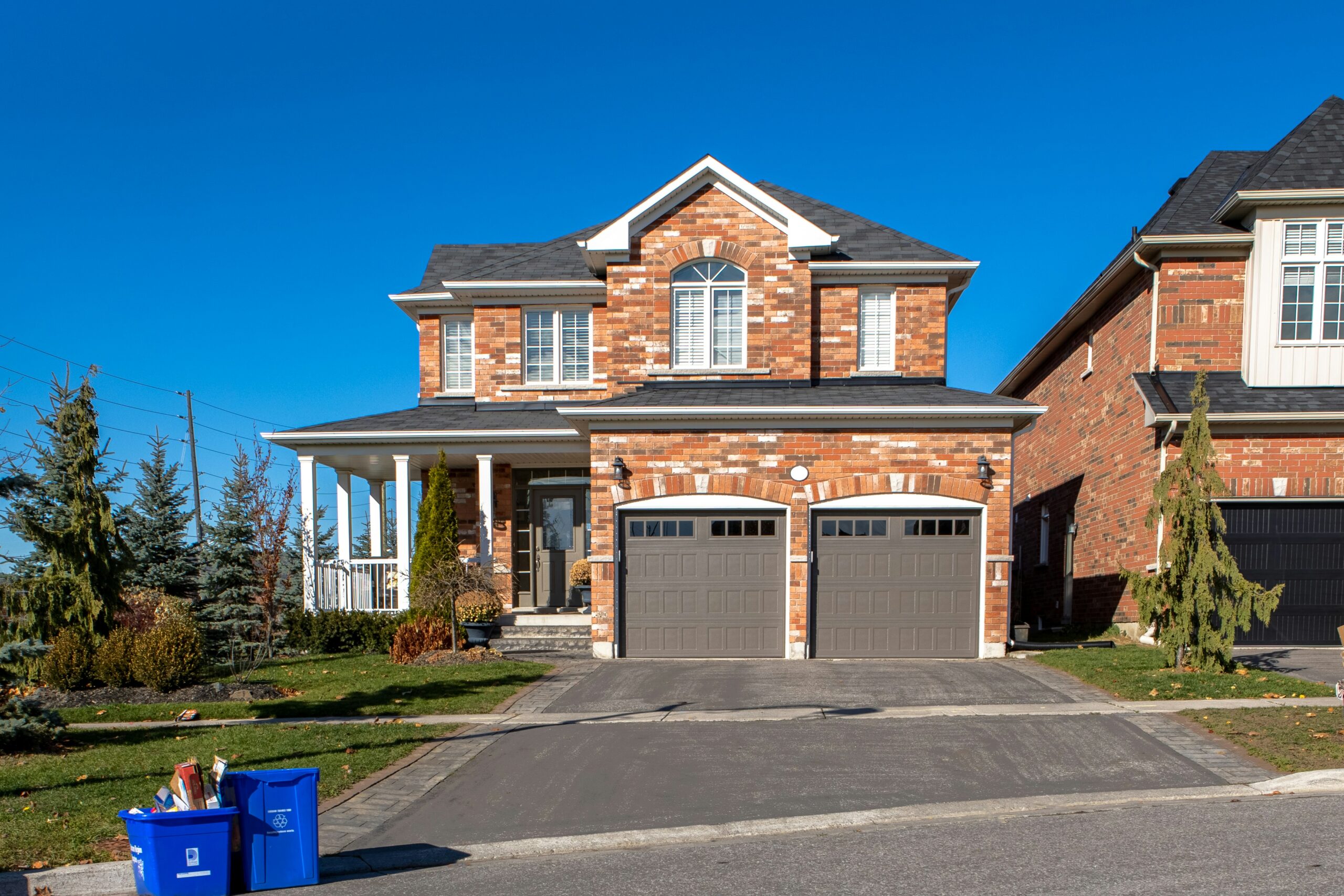
Did you know that a well-maintained driveway is an important kerb appeal factor for three-fifths of homebuyers? And beyond aesthetics, driveways need to be functional and durable. But with so many materials on the market, choosing the right one can feel overwhelming.
So, how can you decide on the right option? In this article, we’ll discuss the different types of driveway and how to find out which is best for your property.
Stone block paving
Available in a wide range of colours, textures, and patterns, stone block paving lets you create a bespoke driveway that complements the style of your home. It’s highly durable and can withstand heavy loads, perfect for busy driveways. Permeability is another advantage of block paving, allowing rainwater to naturally drain away and minimising the risk of flooding.
Bear in mind that block paving requires more initial investment than some other options. Installation can be time-consuming, and ongoing maintenance is required, such as occasional weed removal and re-sanding to maintain stability.
Gravel
Gravel is a budget-friendly option that offers a natural and rustic aesthetic. It’s a good choice for drainage, as it’s permeable and allows water to easily soak away. It’s also relatively simple to install yourself, making gravel driveways a DIY-friendly option.
On the other hand, gravel driveways require regular topping up as stones get displaced over time. Loose gravel can also track into the house, and depending on the type of stone used, it can even stain shoes and tyres.
Asphalt
Also known as tarmac, asphalt is a popular choice for its affordability and ease of installation. Creating a smooth, low-maintenance surface, it’s able to withstand the wear and tear of high-traffic driveways. Asphalt absorbs heat extremely well, helping to melt snow and ice in the colder months.
The downside of asphalt is its utilitarian appearance. It doesn’t offer the design flexibility of other materials, and it can crack over time, especially in regions with extreme temperature fluctuations. It also isn’t very permeable, so proper drainage needs to be considered if you’re installing this option.
Porcelain paving
The newcomer on the driveway scene, porcelain offers a luxurious and contemporary look. Highly durable, as well as scratch- and stain-resistant, this material is exceedingly easy to maintain and clean. It comes in a wide variety of styles that can mimic the look of natural stone or wood, offering a high-end aesthetic.
However, porcelain paving is one of the most expensive driveway options. It can also be slippery when wet, requiring a specific textured finish to improve traction. Installation of porcelain driveways should be left to professionals due to the delicate nature of the material.
So, which option should you choose?
The ideal driveway material depends on your individual needs and priorities. Consider the following factors:
- Budget: Gravel and asphalt are typically the most affordable options, while porcelain is the most expensive.
- Maintenance: Concrete and block paving are relatively low maintenance, while gravel requires regular topping up.
- Drainage: Block paving and gravel allow for the most natural drainage, while porcelain and asphalt require additional planning.
- Aesthetics: Block paving, porcelain and even some types of gravel offer a more visually appealing finish than asphalt.
Ultimately, the best way to choose your driveway material is to consult with a landscaping professional. They can assess your property, discuss your budget and preferences, and help you select the perfect option to create a beautiful and functional entrance to your home.

